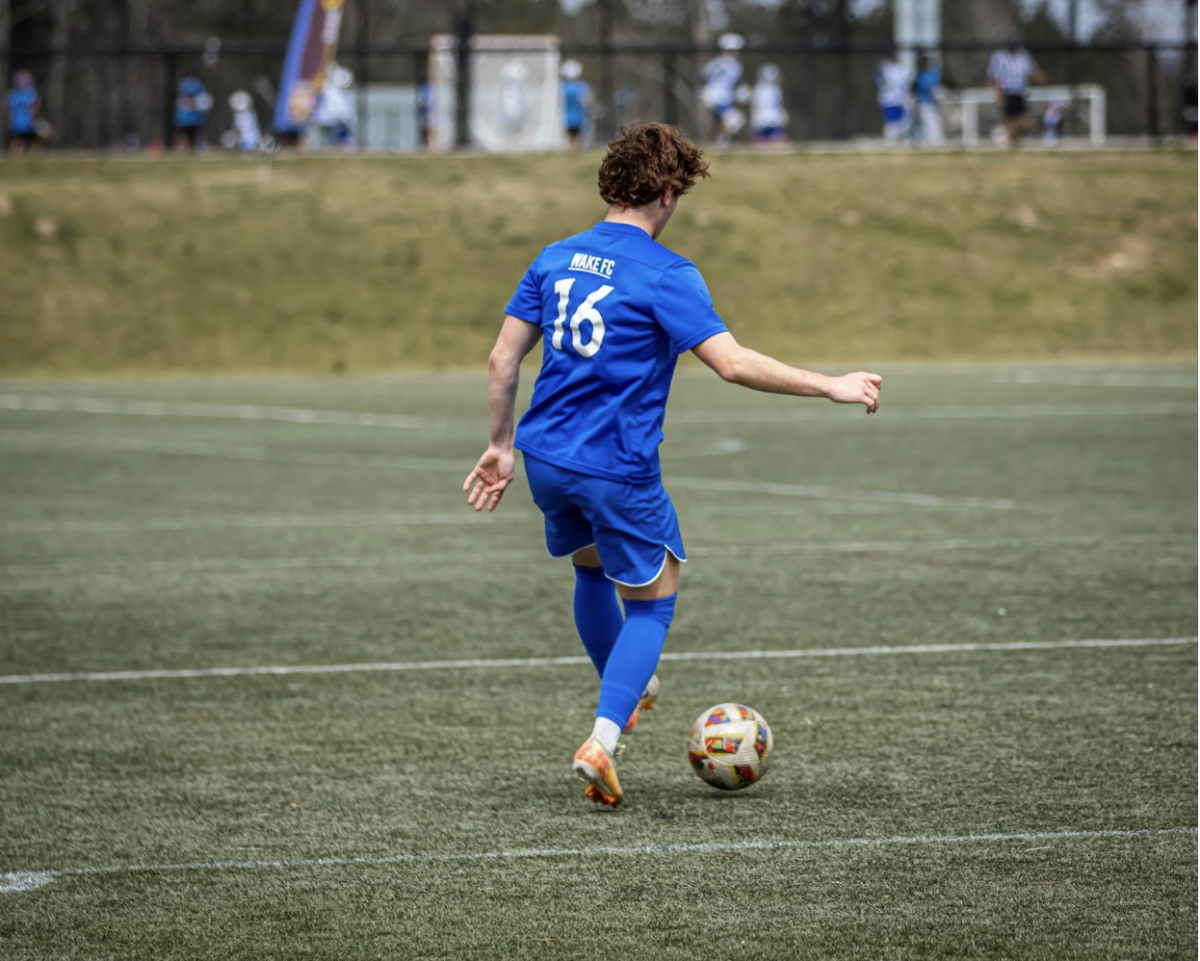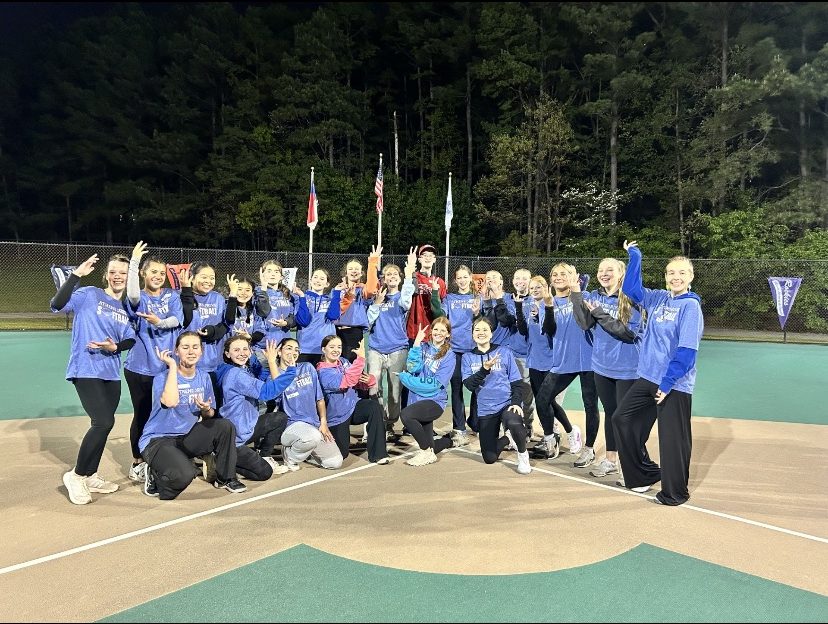Every year, student-athletes go through the highly stressful college recruitment process. Finding the right college for their academic needs while striving for a good school for their sport can be challenging for most. Many Athens Drive High School students are among that group and follow their journey through the complicated and difficult process.
“You can get college scholarships and continue playing a sport you love,” said Travis Seese, Athens Drive Athletic Director.
Seese recommends that students get started early in the process. Maintaining your grades is a must. Seese also notes that looking for academic and not just athletic scholarships is important, as those are often more common for athletes, especially those who are Olympic-bound. These academic scholarships also ensure that if an athlete is injured and unable to play, their college is still funded.
“When you are trying to decide if you want to play in college or not, make sure you want to play because you love the sport,” said Seese.
Athens Drive coaches and counselors do provide help for college athletes seeking recruitment, including many online resources.
“The biggest way we assist our athletes is our coaches talking with college coaches on their behalf. All of our coaches are willing to help athletes interested in playing in college in any way possible,” said Seese. “We also purchase a video-sharing platform every year called HUDL that allows our athletes to share their game film with colleges.”
Although coaches are there to help athletes in their process of recruitment, most of the accountability typically comes down to the work of the student-athletes themselves, as they make sure to communicate effectively with the colleges they are interested in.
“You fill out interest forms, emails, saying you’re interested in the team and stuff like that,” said Lindsay Grant, Athens Drive Swim Team member. “They do eventually reach back out to you.”
Grant stresses the importance of asking others for help. Whether that be teammates, seniors, or coaches, they are there to help in a journey that can often be confusing.
“Talk to your coaches a lot…especially the ones that did a sport in college, because they’ve been through it, and they have tips for you. Then you can always talk to seniors, who have committed,” said Grant.
Something that all athletes have to consider is that their college commitment should honor their future outside of the sport they play. Making sure that a college is the right fit outside its sports opportunities can take time and effort. This means making sure that the college offers the major you want to continue in, and fits other academic needs.
“Yeah, there’s a lot of aspects [of recruitment] because you want to go somewhere that fits your academic wants, but also, you have to be a good athlete to go there,” said Grant.
The recruitment process varies heavily by sport. Swimming, for instance, is solely based on a swimmer’s best time in the events that they compete in. And like many other sports, a lot of the recruitment process happens outside of school athletics but in club sports. Grant, for instance, swims year-round for the Raleigh Swimming Association, allowing her to hone her skills.
“Recruitment for swimming comes a lot from the club teams. Like only year-round swimmers swim in college for the most part,” said Grant.
While the often overwhelming and scary process of recruitment does vary by sport, student-athletes who use the resources provided to them and decide for themselves whether they should continue their sport after high school will likely find personal success by the end of their senior year.
“Relax in the end. It’s okay, you’ll be in a good place, no matter what,” said Grant.






